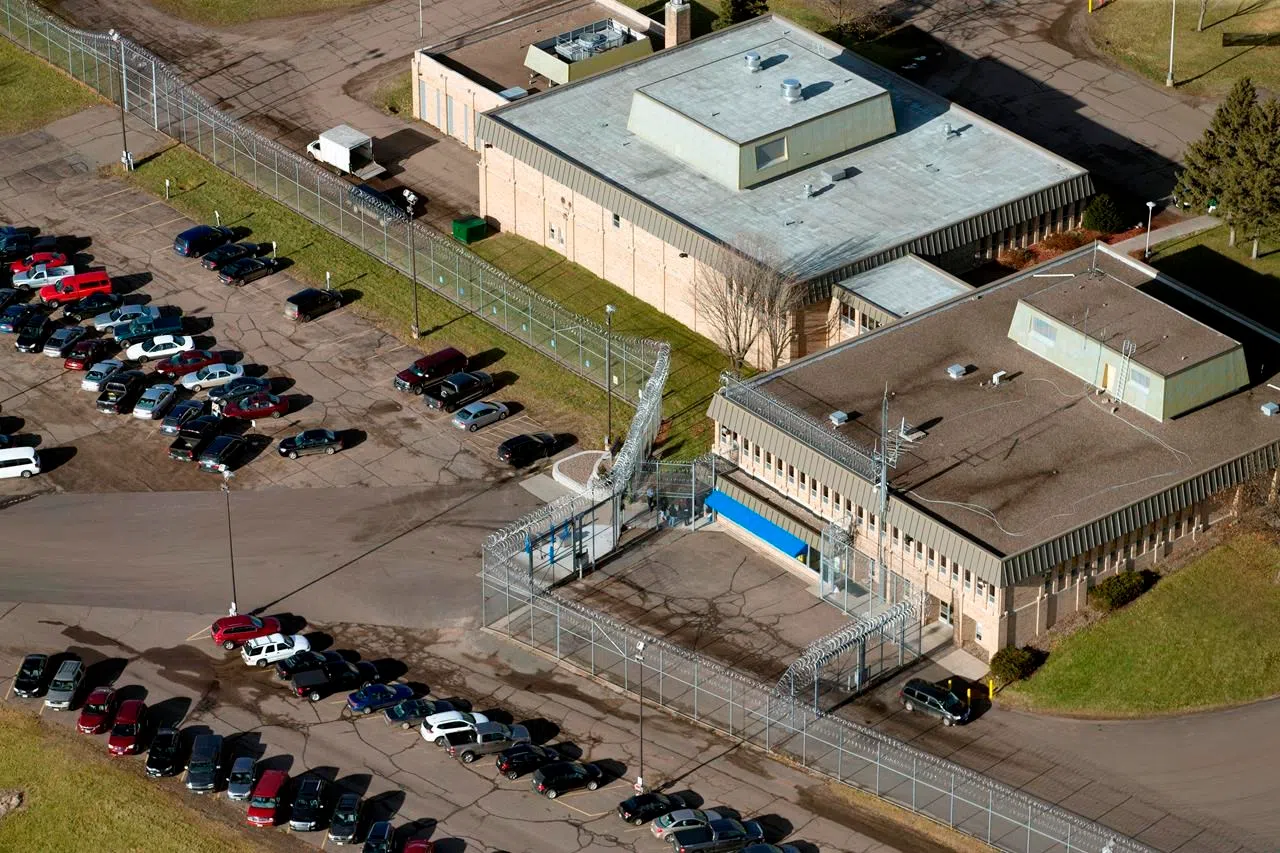
Plan would move juveniles out of troubled Wisconsin prison
MADISON, Wis. — Juveniles would no longer be housed at a Wisconsin youth prison complex that’s been the target of a federal investigation and multiple lawsuits alleging inmate abuse under an $80 million plan announced Thursday by Gov. Scott Walker.
The reorganization would change the Lincoln Hills-Copper Lake juvenile prisons into medium security adult prisons and open five smaller regional prisons for young offenders. An expanded mental health facility to house female prisons would also be built in Madison.
However, most of the juveniles wouldn’t be moved until next year at the earliest, and there would be no immediate changes to operations at the current prisons. Democrats also were quick to note that the plan, which is subject to approval by the Republican-controlled Legislature, wouldn’t be implemented until after voters decide whether to re-elect the Republican governor this fall.
Walker spokesman Tom Evenson said the governor wants to implement the changes in a “thoughtful and purposeful way,” but would support moving more quickly if the Legislature wanted to do so this year.
